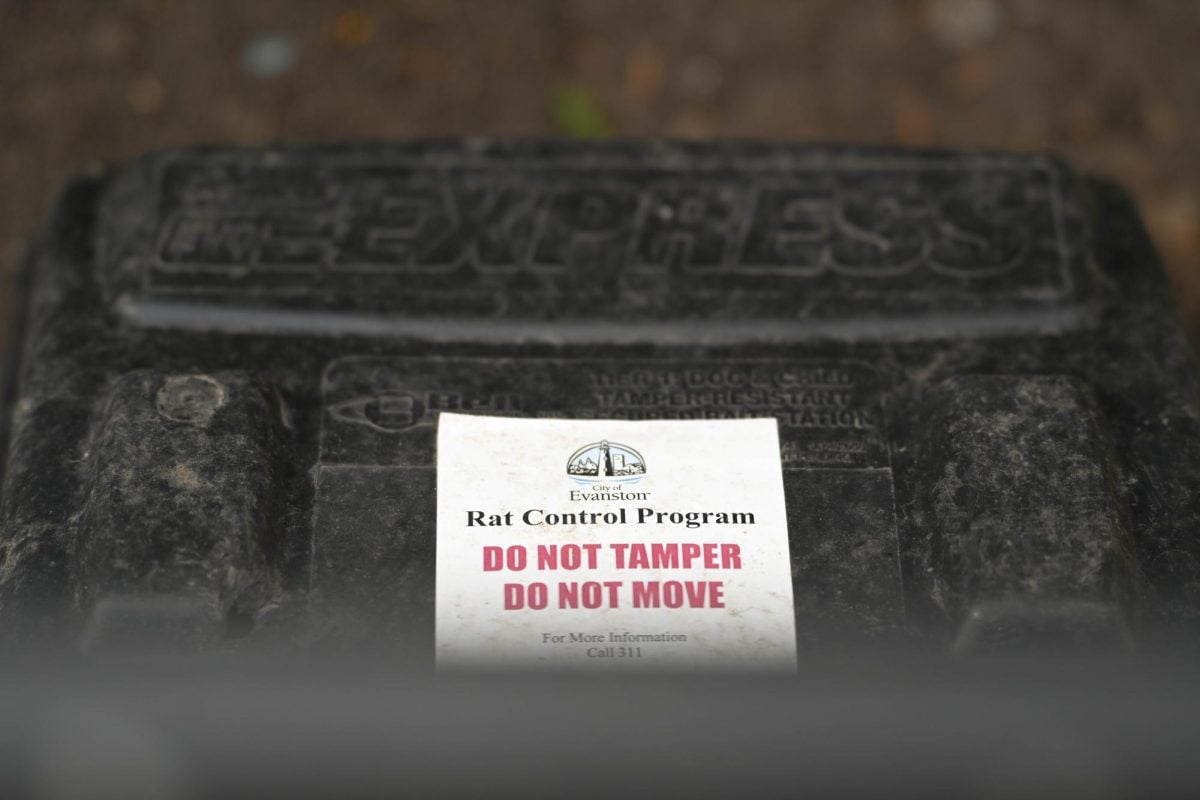Detainees from the U.S. military detention facility in Guantanamo Bay may be transferred to a prison in rural Illinois approximately 160 miles west of Evanston, a White House official announced Nov. 14.
The Obama administration has been discussing a proposal with Illinois legislators to buy an unused maximum-security prison in Thomson, Ill., if Guantanamo is shut down. U.S. Sen. Dick Durbin (D-IL) and Gov. Pat Quinn have been spearheading the charge in favor of moving the detainees to Illinois.
“In closing ‘Gitmo’ and moving some detainees to Illinois, we strengthen our national security, create thousands of jobs and bring long overdue justice to those who have committed atrocities against the United States,” wrote Rep. Jan Schakowsky (D-IL), in a statement released Nov. 14.
The plan gained traction when top federal officials visited the facility Nov. 16. The White House released a report Sunday analyzing the economic impact of bringing the detainees to Thomson, an area with more than 10 percent unemployment.
Although most state representative candidates for Illinois’ 18th district support the proposal, some candidates and Evanston activists have expressed mixed opinions. The 18th district candidates are Evanston attorneys Jeff Smith and Eamon Kelly, former 6th Ward alderman Edmund Moran, former ASG president Patrick Keenan-Devlin (Weinberg and Bienen ’06) and Executive Director of the Illinois Maternal and Child Health Coalition Robyn Gabel.
Moran said he is unsure why Guantanamo should be closed in the first place.
“I’m really not sure that moving the detainees from Guantanamo is the best thing to do,” Moran said. “It’s a secure place, it’s away from potential targets in the U.S., and I’m not sure that the logic of moving them from there.”
However, Smith said Guantanamo needs to be closed in the interest of justice and national security.
“It’s an international embarrassment, and we have an underused facility here in Illinois, so it seems like a logical step,” Smith said.
After President Obama’s inauguration, he pledged to close the prison facility by Jan. 22. About 215 prisoners remain in Guantanamo Bay, but the number of prisoners who would be transferred has not been announced.
Most proponents of the plan point to the economic benefits the arrangement could bring to Thomson and Illinois as a whole. The White House report estimated opening the prison as a federal facility could generate more than 3,000 jobs and cut the local unemployment rate in half.
Kelly has visited the area and said it is in “desperate need” of economic development.
However, some Illinois residents are skeptical of the economic benefits. Linda LaFianza, the Evanston Township Republican committeeman, called the plan a “bogus economic stimulus.”
“There aren’t going to be that many jobs, and they aren’t going to be sustainable,” LaFianza said. “I don’t think moving our federal criminals around is going to solve our economic problems.”
Built in 2001, the facility has a 1,600-cell capacity but was never fully opened due to budget issues. The Federal Bureau of Prisons may buy the facility and lease part of it to the U.S. Department of Defense, which could “inject funds into state coffers,” Keenan-Devlin said.
Fears of a national security threat have also taken a front seat in the Guantanamo debate.
Leading Illinois Republicans, including Rep. Mark Kirk (R-IL), signed a letter to President Barack Obama on Nov. 15 strongly opposing the plan. Opponents have cited concerns with Thomson’s proximity to O’Hare International Airport, Willis Tower in Chicago and a nuclear power plant near western Illinois.
“Chicago is rich with high-valued targets, and it would be foolish to do anything to make those targets even more prominent,” LaFianza said.
However, Kelly said Thomson is so far from Chicago that the threat would be minimal to the area’s residents.
“A lot of this reaction is ‘not in my backyard,'” Kelly said. “There are people in our backyard who make extreme sacrifices for the war on terrorism everyday, and for us to imply that we don’t share the burden of housing these people, I find that offensive.”
Many candidates criticized the national security fears as “sheer demagoguery,” pointing to the fact that the state already houses inmates linked to international terrorism in a facility in Marion, Ill., approximately 340 miles south of Evanston.
“In Illinois, we know how to run a prison,” Gabel said. “We’re skilled enough to know how to transport prisoners and keep prisoners.”
Moving the detainees would actually enhance national security, Keenan-Devlin said.
“We’ll be safer as a result of this move because it builds our international credibility,”
Keenan-Devlin said. “The world will react positively to this, and I don’t think the politics of fear will win this battle.”







